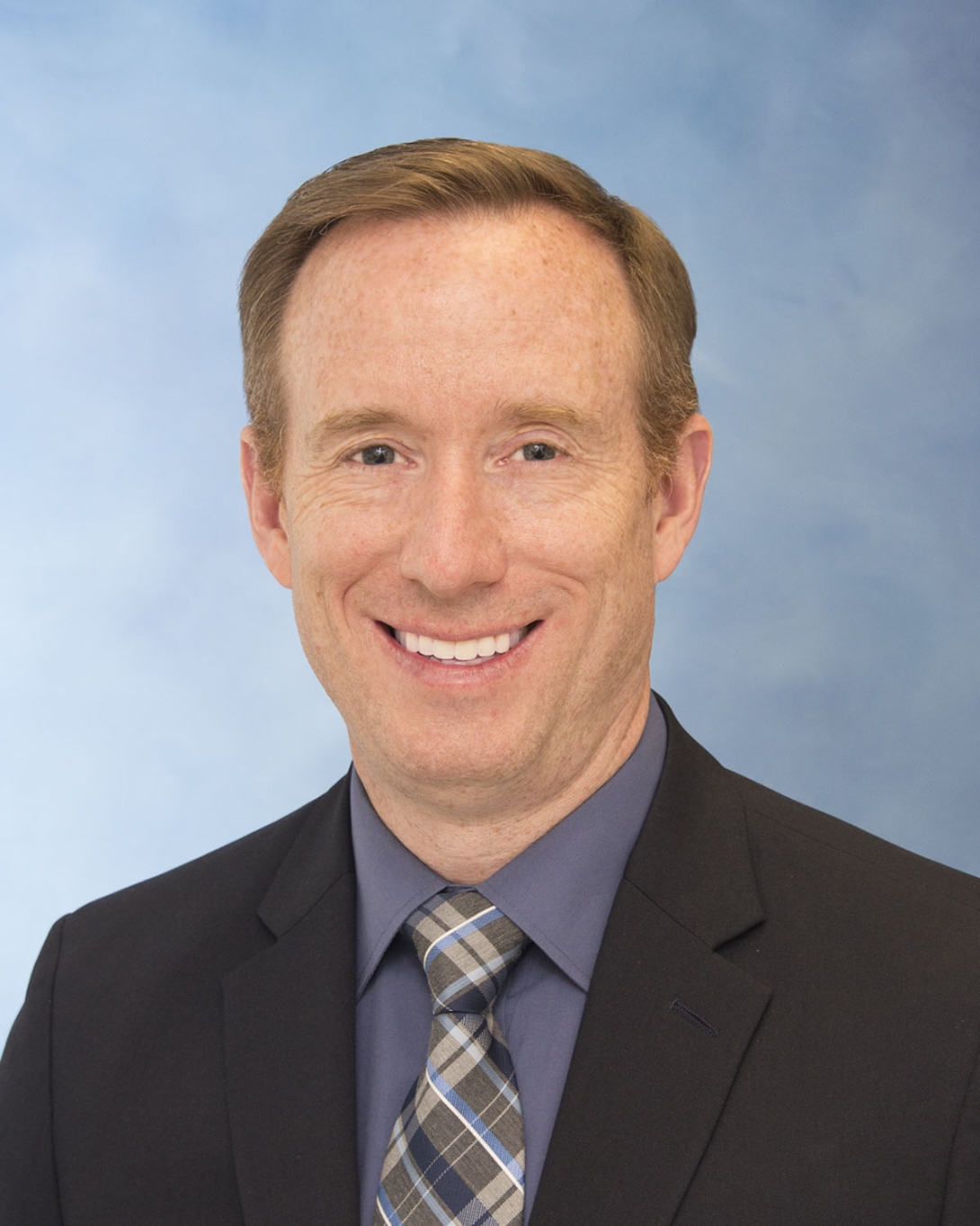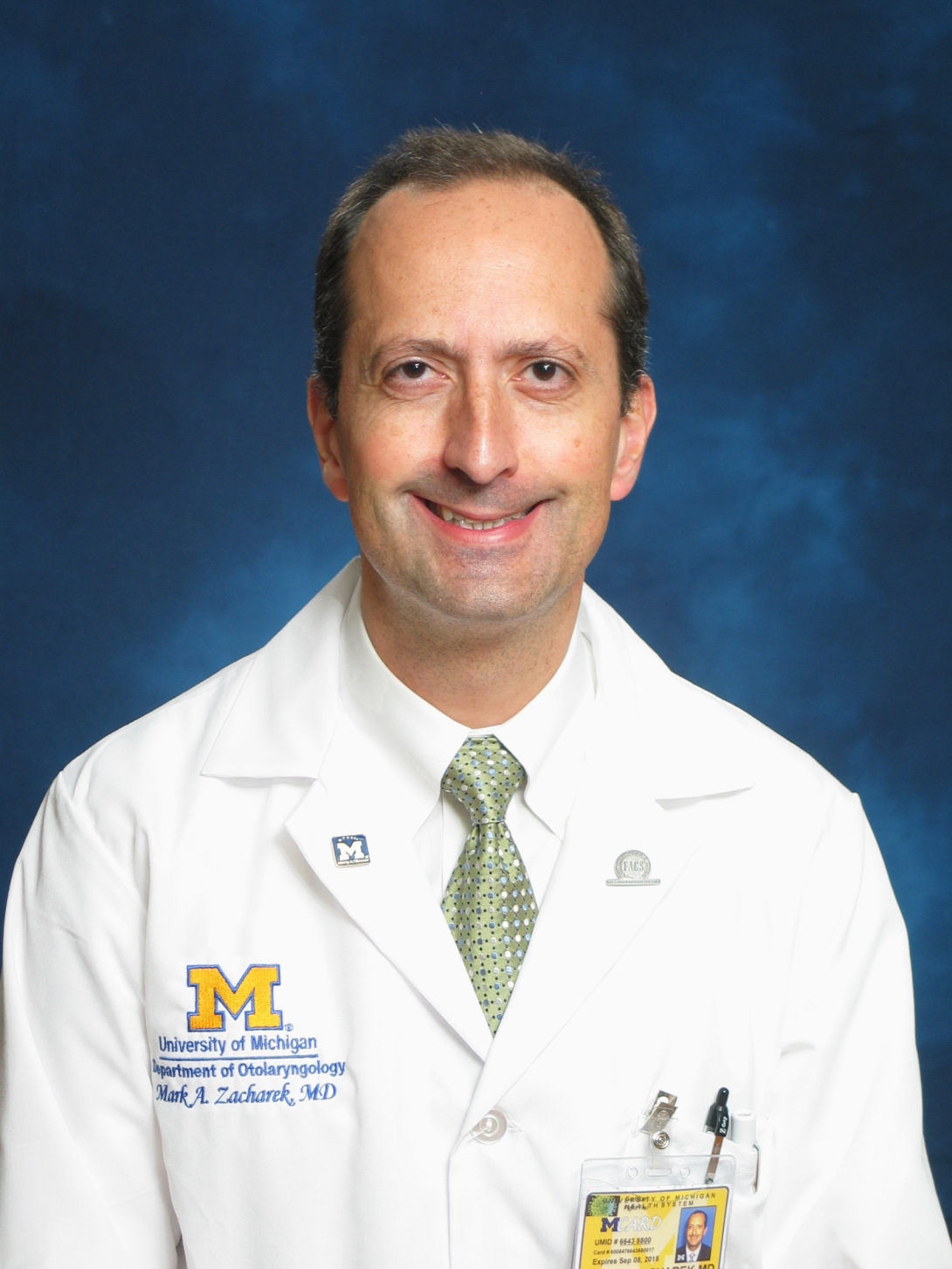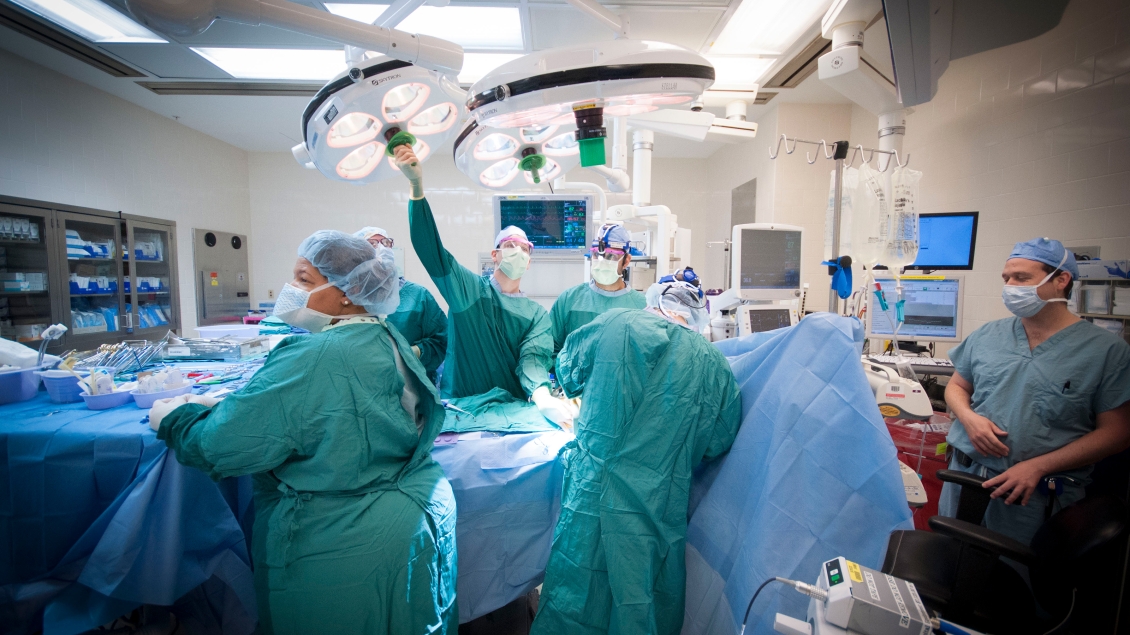
Division of Rhinology & Skull Base
Our division was established in 2016 and is comprised of clinical faculty with expertise in the treatment of diseases and disorders of the nose, paranasal sinuses, and skull base tumors.
Our skull base program diagnoses and treats benign and malignant tumors involving the cranial base region, cerebrospinal fluid leaks and encephaloceles, and traumatic injuries to the face and skull. Otolaryngology skull base specialists work with their colleagues in neurosurgery, ophthalmology, radiation oncology and medical oncology to ensure comprehensive, appropriate treatment and the highest quality outcomes possible.
Our rhinologists evaluate and treat diseases and disorders of the nose and paranasal sinuses. The Michigan Sinus Center expands care to include a multidisciplinary clinic where our rhinologists provide high-quality, efficient treatment by co-locating allergists, asthma specialists, pulmonologists, infectious disease specialists and otolaryngologists.
Our rhinologists frequently see patients with hereditary hemorrhagic telangiectasia, also known as HHT, and nosebleeds. Treatment options can span from simple recommendations, such as humidification, to more sophisticated recommendations, such as laser treatment, surgical intervention, Avastin treatments, and sclerotherapy (injections to scar the small blood vessel abnormalities).
In an effort to expand our allergy services, we have also established an Otolaryngic Allergy Clinic. This clinic offers skin allergy testing and immunotherapy options, and serves to complement our rhinology treatments, improving efficiency of care.
Education is a core mission of the division with all faculty members committing numerous hours to teach practicing physicians, fellows, residents and medical students. The division also actively mentors residents and fellows on research.
Sinus and Skull Base Dissection Course
One of the division’s most unique teaching opportunities is the annual sinus and skill base dissection course. The intensive two-day course, primarily taught by rhinology and skull base faculty, provides U-M Otolaryngology trainees with the opportunity to perform a variety of procedures and dissections of the sinus and skull base.
Research interests within the division vary but always emphasize the outcomes and long-term improvements in patient care.
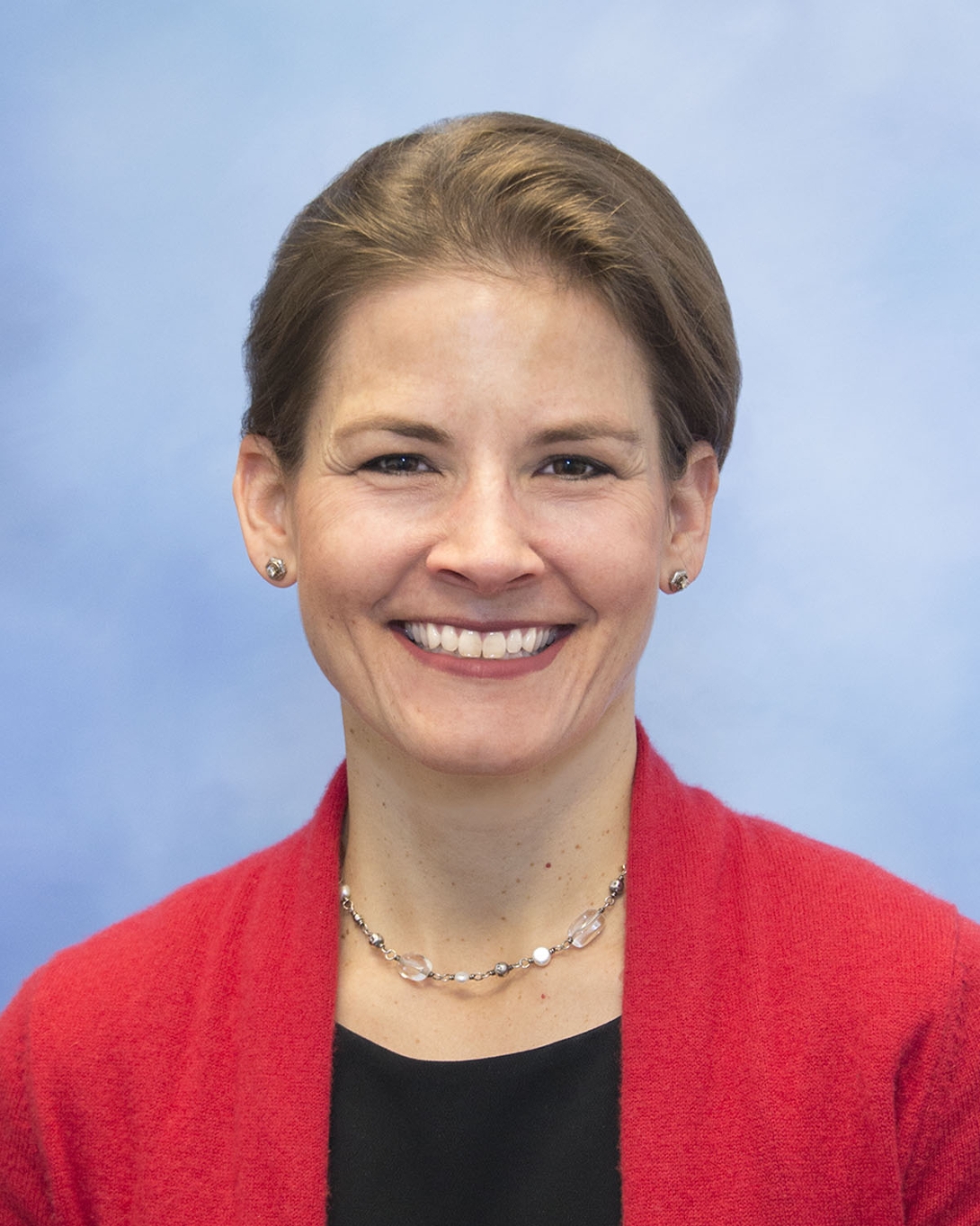
Rhinology and Skull Base Surgery Division Chief
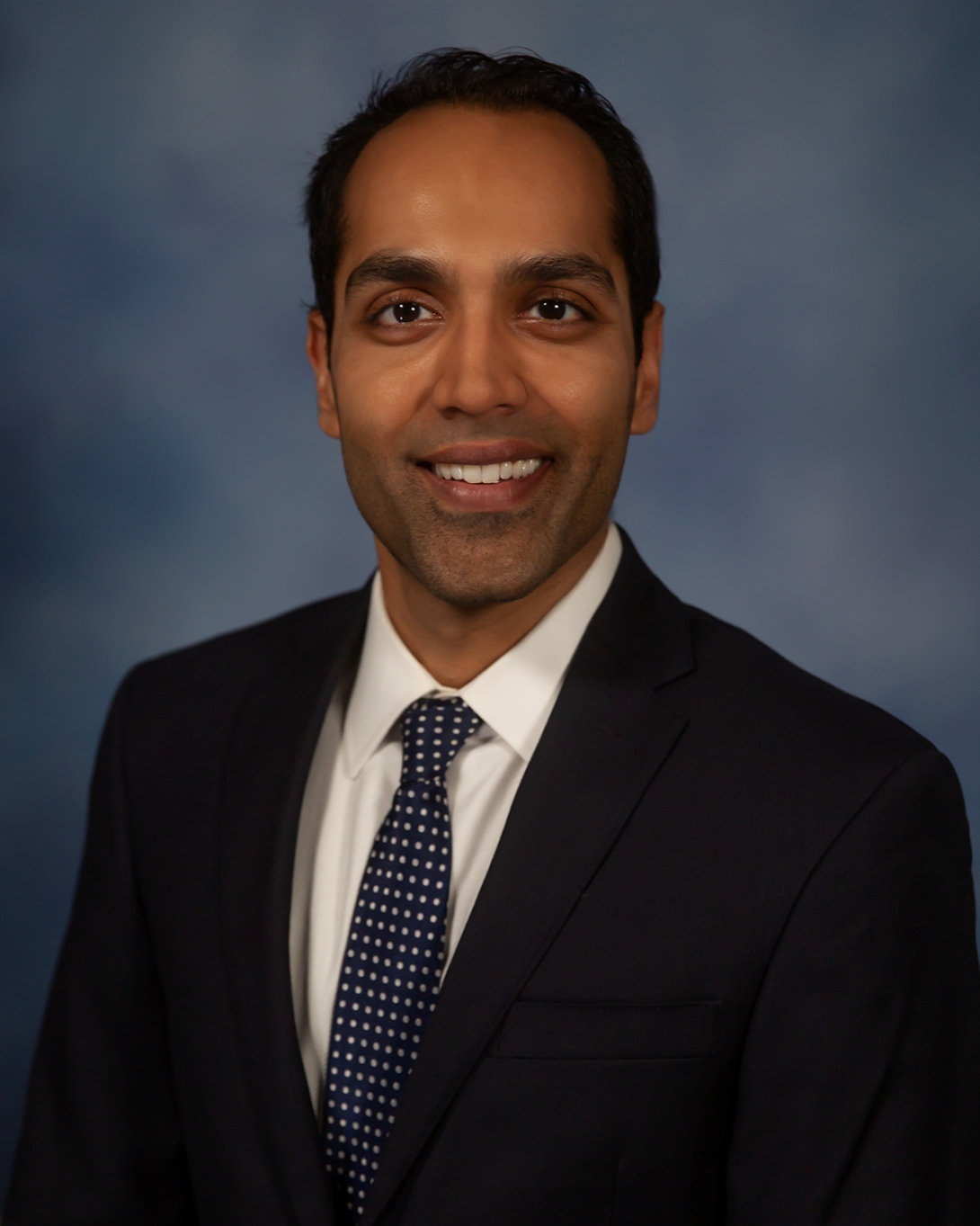
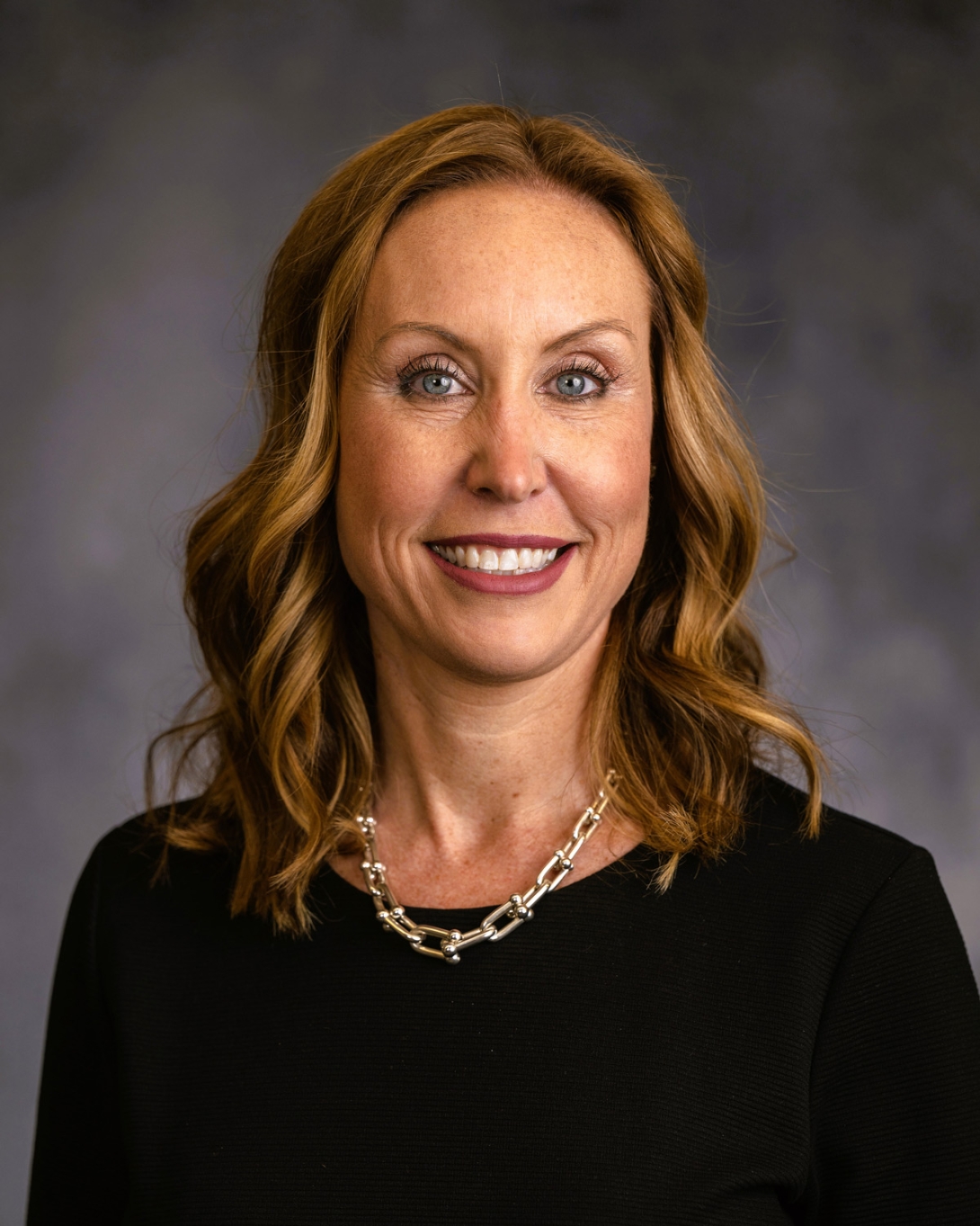
Clinical Professor of Neurosurgery
Assistant Dean for Student Affairs
